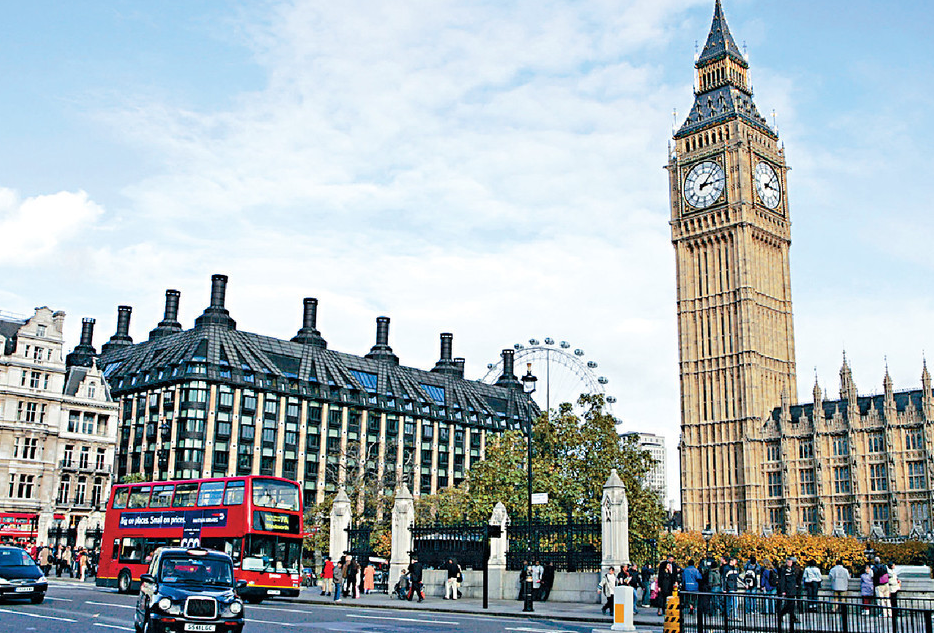The global economic recession continues to continue or maintain contraction
 2022-12-08
2022-12-08
 1237
1237
[The Bank of England is expected to slow down the pace of interest rate hikes next week to 50 basis points]
The Bank of England is expected to slow the pace of rate hikes to 50 basis points at its meeting next week, from 75 basis points in November, as medium-term inflation expectations and labor demand show signs of slowing. With no major surprises in the December labor market report and November CPI data, a majority of the Monetary Policy Committee is expected to vote for a modest rate hike. Under the influence of European and American central banks generally expected to reduce interest rate hikes in December, the recent sharp rise of the pound against the dollar has also temporarily stopped.

[Recession fears, the dollar may perform well]
The greenback should remain supported as heightened fears of a global recession drive investors into safe-haven assets while the Federal Reserve continues to fight inflation. After a broad-based risk rally over the past six weeks, financial markets now appear to be accepting the notion of a recession in 2023. As long as the Fed remains "hawkish," the dollar should do well. The dollar index could rise to 107 ahead of the Fed's Dec. 14 policy decision.
[Economic recession worries hit market sentiment, the pound may perform poorly]
Sterling could underperform as financial markets appear to be back in a macro-led trade as fears of a global recession in 2023 dampen risk sentiment. Stocks could come under renewed pressure if the Fed remains "hawkish" amid a recession, hinting at further rate hikes. Normally, this would be a negative environment for the pound, as the UK's large current account deficit would be adversely affected.
[German economy is expected to avoid contraction in the fourth quarter]
German industrial output data for October was better than expected, suggesting that the euro zone's largest economy will not shrink in the fourth quarter despite pressure from high energy prices. The fact that the government's bailout package and gas rationing are unlikely to improve Germany's economic outlook doesn't mean Germany will avoid recession. Conversely, aggressive rate hikes by many central banks could put a significant brake on the global economy, leading to a contraction in Germany's economy in the first half of next year as well.
[The Bank of Canada's less hawkish statement may cause the Canadian dollar to fall further]
The Bank of Canada's final interest rate meeting of the year today is likely to draw considerable attention. USD/CAD climbed to 1.3695, approaching the monthly high. Don't get overly convinced that the Bank of Canada's unexpectedly large interest rate hike will be positive for the Canadian dollar, after all, the Canadian dollar has not benefited from the recent labor market data. The Canadian dollar instead fell due to lower oil prices. To reinforce rate hike expectations again, the Bank of Canada may need more than one big rate hike. At the same time, the Bank of Canada may have to signal that more action is needed on inflation risks so that the rate hike cycle does not end, and adjust its forecasts accordingly. This could lead to market disappointment, which could send the Canadian dollar further lower.

[U.S., UK launch energy partnership to boost supply]
The US and UK announced an energy partnership aimed at maintaining higher levels of liquefied natural gas exports to the UK and cooperating on how to improve energy efficiency. Since the Russia-Ukraine conflict in February, Britain and other European countries have turned to the United States as they try to reduce their dependence on Russia for energy supplies. British Prime Minister Rishi Sunak said the partnership would bring down prices for British consumers and help end Europe's dependence on Russian energy. The relationship will also work to drive investment in clean energy and exchange ideas on energy efficiency and reducing demand for natural gas.
[Japan's foreign exchange reserves rose to the highest in six years]
Japan's foreign exchange reserves rose to their highest level in six years in November, as a retreat in the dollar boosted the value of non-dollar foreign assets and authorities refrained from intervening in currency markets. Japan's foreign exchange reserves rose 2.65 percent month-on-month to $1.226 trillion at the end of November, the first increase in four months and the highest level since December 2016, an Economy Ministry official said.
The above information is provided by special analysts and is for reference only. CM Trade does not guarantee the accuracy, timeliness and completeness of the information content, so you should not place too much reliance on the information provided. CM Trade is not a company that provides financial advice, and only provides services of the nature of execution of orders. Readers are advised to seek relevant investment advice on their own. Please see our full disclaimer.

CM Trade
As a world leading financial trading platform, CMtrade Provides comprehensive one-stop trading services and opportunities for traders.
[Products]
The platform provides over 32 kinds of popular financial products such as forex, precious metals, crude oil, indices, cryptocurrencies and more.
[System]
2 top trading systems CM Trade MT4 / CM Trade APP, powerful and easy to operate
[Service]
Comprehensive market news, professional market analysis, 7*24 hours online customer service
[Advantage]
Low cost, high leverage, flexible one-stop all day two-way trading.
[Authority]
Licensed and strictly regulated by authorities. Traders deposits are independently kept by the bank. Fast deposit and withdrawal. Fair, efficient and transparent trading environment.
CM Trade Mobile Application
Economics Calendar
MoreYou May Also Like



 简体中文
简体中文
 ภาษาไทย
ภาษาไทย
 繁體中文
繁體中文
 Indonesia
Indonesia











